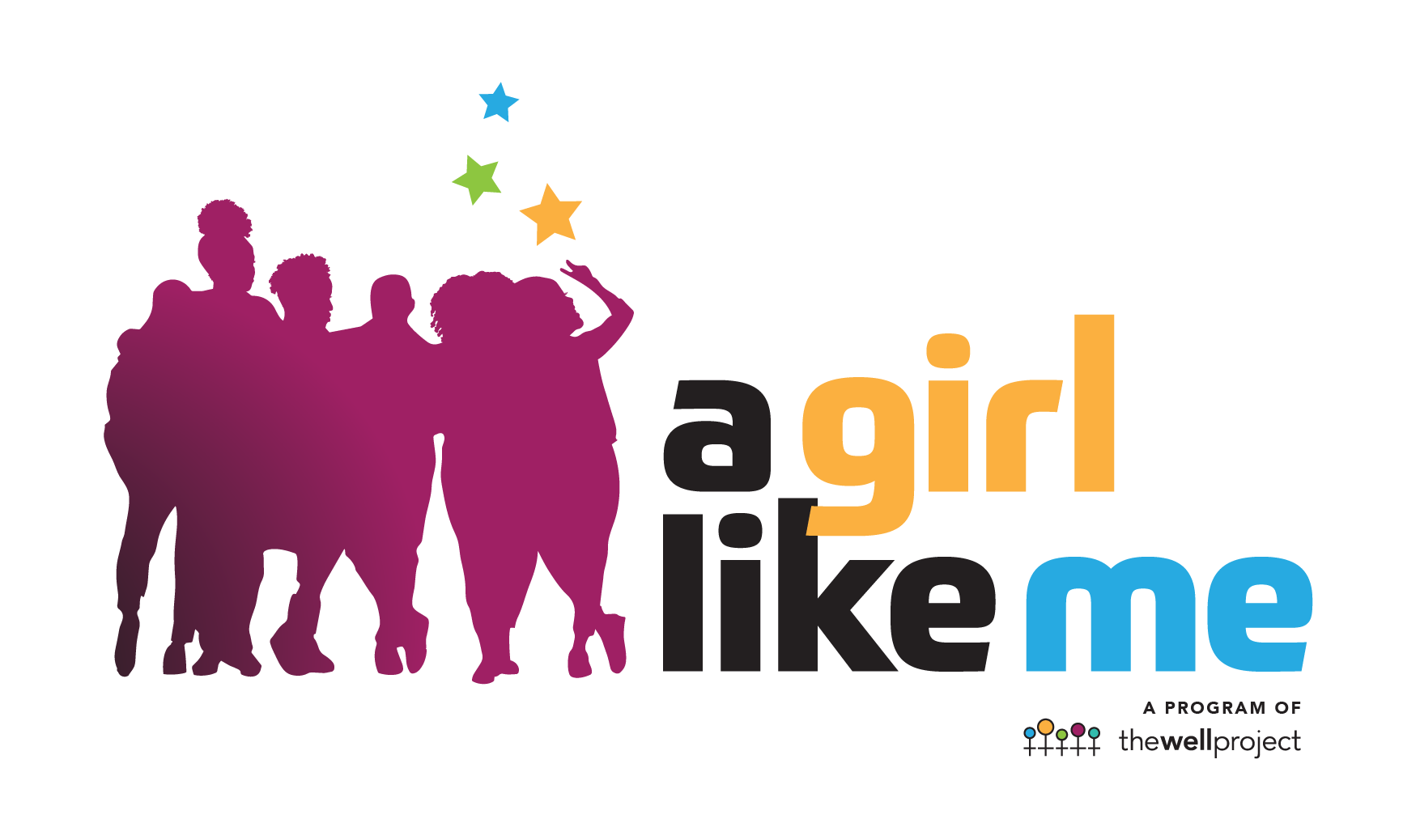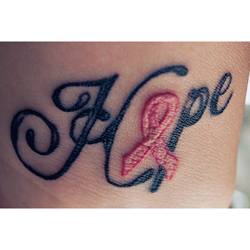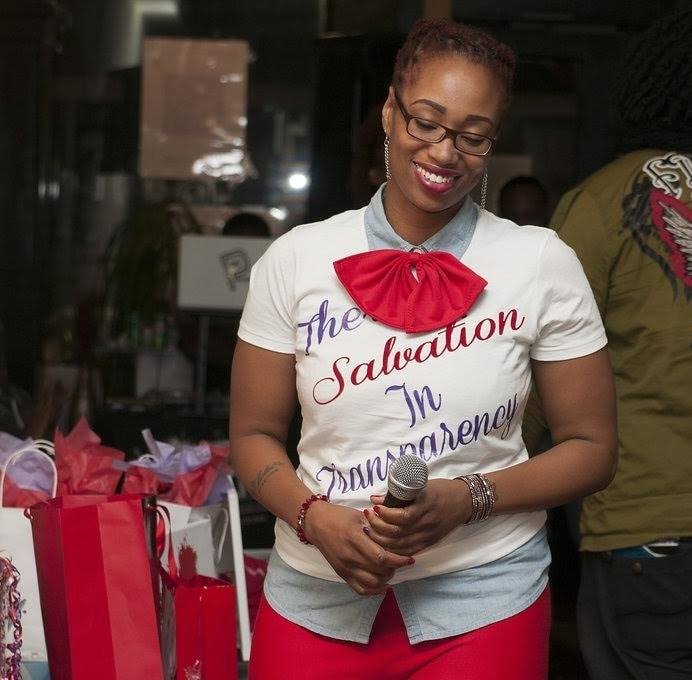Results of a recent study published in the October issue of the Journal of General Internal Medicine are circulating today (http://bit.ly/2uWu17) on how the feeling of stigmatization that people living with HIV often experience doesn't only take a psychological toll, but it can also have a negative effect on health outcomes. Researchers at the David Geffen School of Medicine at UCLA found that a large number of HIV+ individuals who reported feeling stigmatized also reported poor access to care or suboptimal adherence to antiretroviral therapy (ART).
This is just one of many reasons why this blog, A Girl Like Me, was developed. The more we are able to talk about HIV, the better chances we will have of reducing stigma around this disease. There is an old saying, “Reach one, teach one,” which seems pretty fitting. As we start to add more voices and contributors to this blog (coming soon!), our hope is that other women who may feel isolated and alone can see how there are others out there like them, living with the disease and maybe even sharing similar life experiences. If even one woman visiting this blog is able to feel less stigmatized about her HIV disease because of what she reads here, then we are reaching our goal!
I'd like to believe that he was(past tense coz we just broke up). He would bring my status up in every argument and he also asked me to to say anything about HIV when i'm with people. I felt suffocated coz I couldn't express my views even if it was not I who started the discussion. he hid me away from his family coz he thought I might slip up and tell. I thank God I finally found the strength to get out of that toxic relationship.
Indeed, the silence that has surrounded my life with HIV are now echoing even more loudly as I age with the virus, which has accompanied me for 26 years now. A website like this one did not exist in the 1980's. But I'm certainly glad that it does now, as women are fastest growing population with HIV. The implications of this are enormous. Who looks after the children and other family members? Women, traditionally, have been the caregivers in the family. Who is going to do the job when we're notthere?

























I have been in this situation before, and yes I felt as though my significant other was very ashamed although his mouth said one thing his actions and sometimes attitude spoke for itself but thank God today I am not consumed by what others think or feel. the road has not been easy nor is it without trials and struugles today but the beauty of it is it does not paralyze or cripple me. Be encouraged and know that the loss is truly not yours but his.